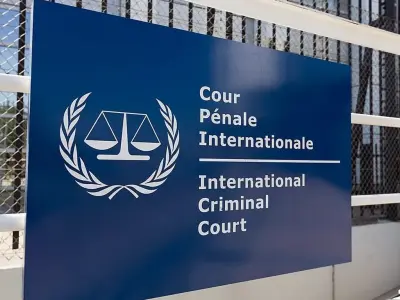
US President Donald Trump’s announced “Liberation Day” reciprocal tariff policy, set to take effect on April 9th, will impact the Philippines.
A poster on Trump’s Truth Social page initially indicated a 17% tariff on Philippine goods entering the United States, described as a “discounted” rate compared to the Philippines’ 34% tariff on US goods.
However, an annex to the official White House statement reveals a slightly higher rate of 18% for the Philippines.
This 18% tariff surpasses the 10% baseline tariff imposed on all US imports, highlighting the Philippines’ inclusion in Trump’s targeted list of countries with significant trade imbalances with the United States.
The discrepancy between the initially announced 17% and the official 18% rate underscores the need for careful scrutiny of official announcements and supporting documentation. The difference, while seemingly minor, could have significant implications for Philippine exporters.
Trump’s justification for the sweeping tariff policy centers on the claim of a highly unbalanced trading relationship between the United States and its partners, particularly in recent years.
He cites a perceived failure to uphold the principle of reciprocity in international trade as the impetus for these retaliatory tariffs. This assertion highlights the ongoing debate surrounding fair trade practices and the complexities of international trade negotiations.
The impact of these tariffs on the Philippine economy remains to be seen. The increased cost of exporting goods to the US could negatively affect Philippine businesses and potentially lead to job losses in export-oriented sectors.
The Philippine government will likely need to develop strategies to mitigate the potential negative consequences of these tariffs, perhaps through diversification of export markets or negotiations with the US government.
The announcement serves as a reminder of the volatility of international trade relations and the potential for significant economic disruptions due to unilateral policy decisions.
The Philippines, as a significant trading partner of the US, is particularly vulnerable to such shifts in trade policy. The situation underscores the need for the Philippines to strengthen its economic resilience and diversify its trade relationships to reduce dependence on any single trading partner.



